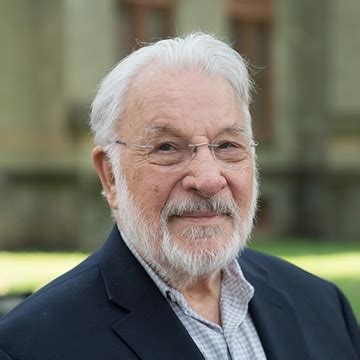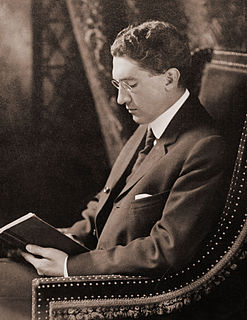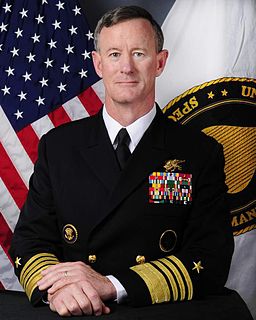A Quote by Klaus Krippendorff
Something must have form to be seen but must make sense to be understood and used.
Quote Topics
Related Quotes
Religion must be used in furthering great works of justice and reform. It must be used to establish right relations between different groups of men, and thus to make a reality of brotherhood. It must be used to abolish poverty, the breeding ground of all misery and crime, by distributing equably among men the abundance of the soil. And it must be used to get rid of war and to establish enduring peace. Here is the supreme test of the effectiveness of religion.
It must be understood that prime matter, and form as well, is neither generated nor corrupted, because every generation is from something to something. Now that from which generation proceeds is matter, and that to which it proceeds is form. So that, if matter or form were generated, there would be a matter for matter and a form for form, endlessly. Whence, there is generation only of the composite, properly speaking.
If you're not an actor, or if you're any other kind of artist, there's this sense that, "I must express this thing." Why make a painting if you don't feel like you have to for something inside of yourself? Why make a song if you don't feel like you have to because there's something that you need to get out? And when you're an actor and you're not performing text that you've written, I think there's this bizarre disconnect with the must-ness of it.
If thinking is like perceiving, it must be either a process in which the soul is acted upon by what is capable of being thought, or a process different from but analogous to that. The thinking part of the soul must therefore be, while impassable, capable of receiving the form of an object; that is, must be potentially identical in character with its object without being the object. Mind must be related to what is thinkable, as sense is to what is sensible.
We go into a relationship looking for love, not realizing that we must bring love with us. We must bring a strong sense of self and purpose into a relationship. We must bring a sense of value, of who we are. We must bring an excitement about ourselves, our lives, and the vision we have for these two essential elements. We must bring a respect for wealth and abundance. Having achieved it to some satisfactory degree on our own, we must move into relationships willing to share what we have, rather than being afraid of someone taking it.
































